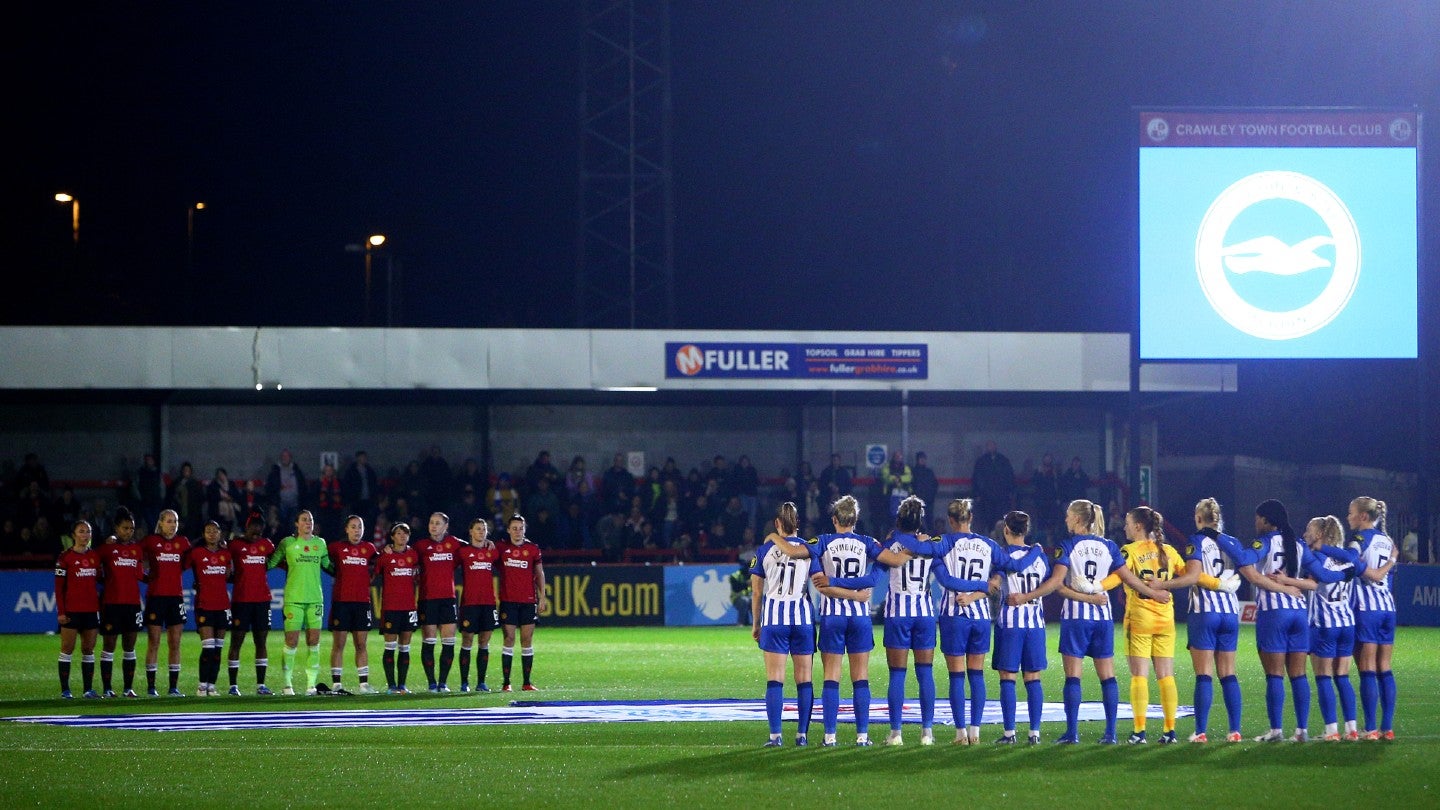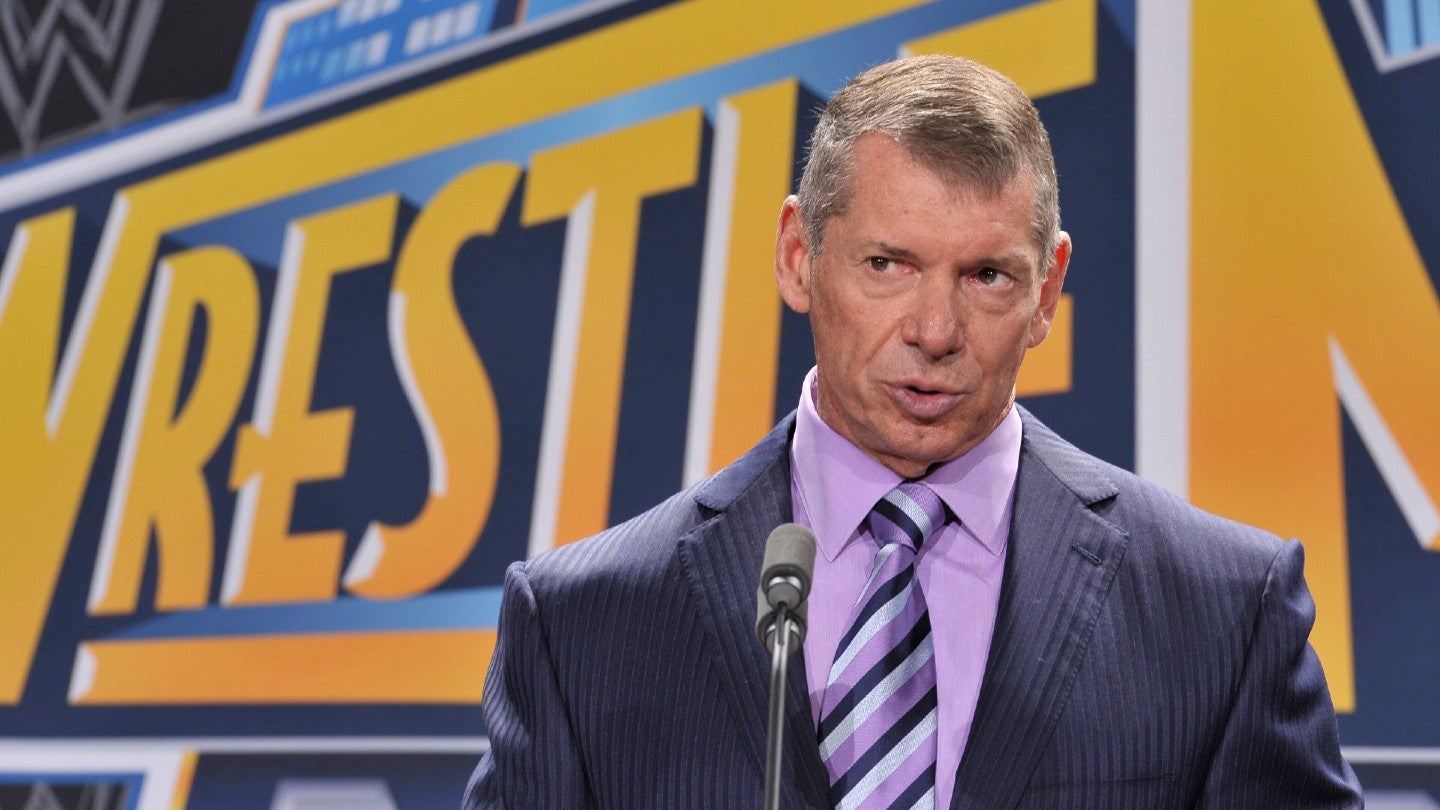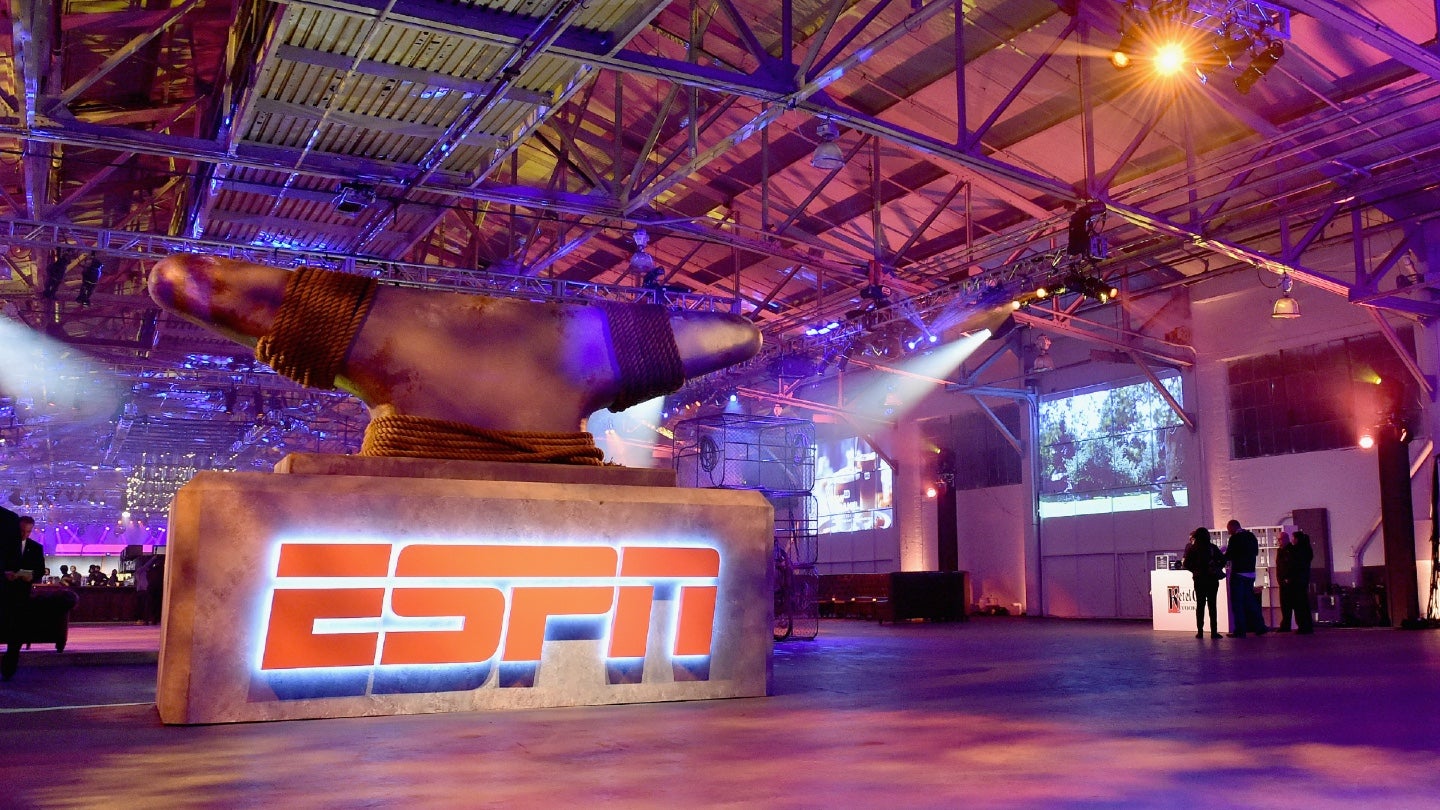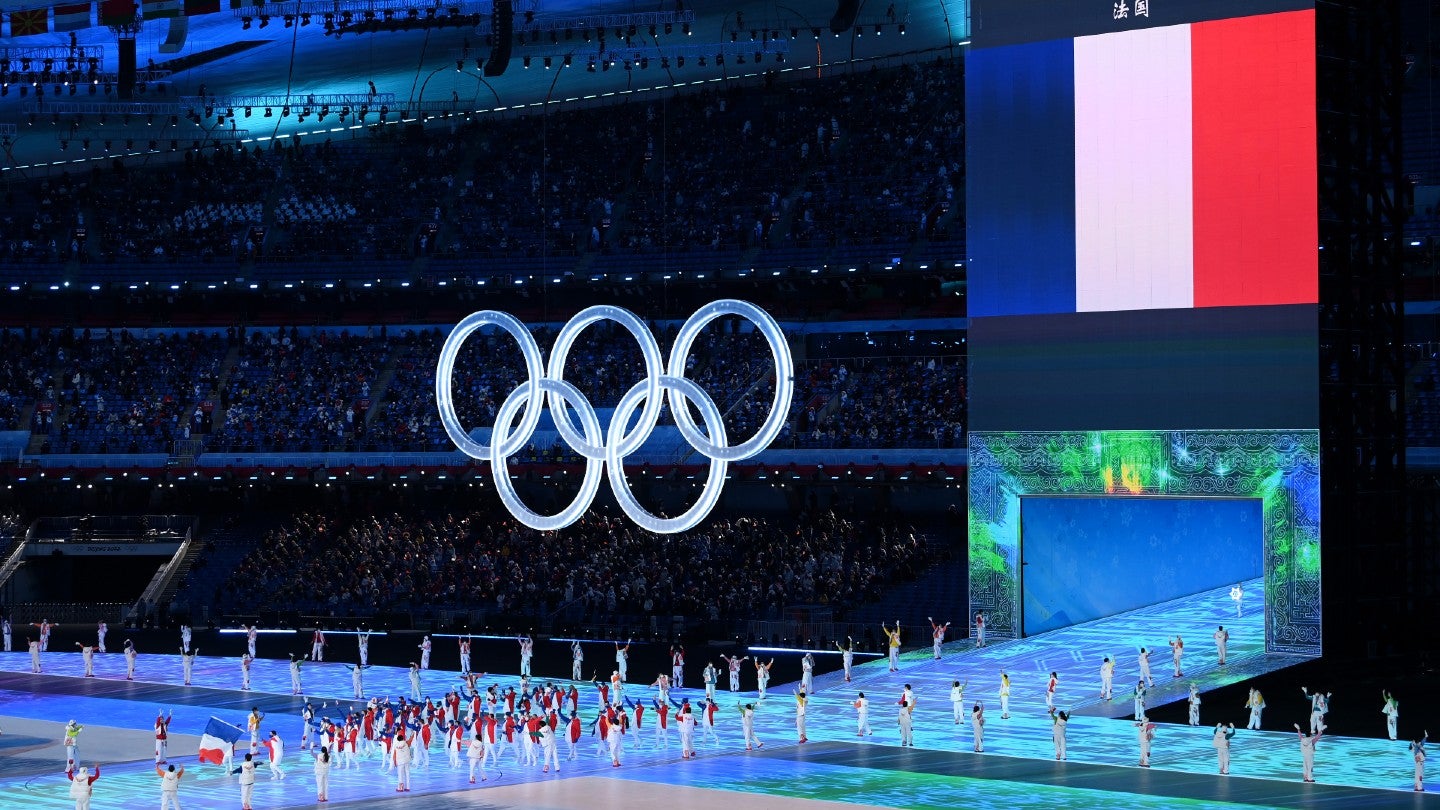English Premier League (EPL) soccer side Brighton and Hove Albion have unveiled plans to construct a purpose-built stadium for its women’s team, which would be the first of its kind in Europe.
“Football stadiums in this country tend to be designed for male athletes and for a male audience,” Brighton’s chief executive Paul Barber told Sky Sports News. “If we can find the land and if we can make it viable, we’d love to create a stadium for our women’s team.”
Brighton chief executive Paul Barber reveals the club are looking to build a stadium for Brighton Women 🔵⚪ pic.twitter.com/8NB9iTKJau
— Sky Sports News (@SkySportsNews) November 7, 2023
Brighton and Hove City Council has submitted a proposal for the stadium, with the motion receiving cross-party support.
Albion’s Women’s Super League (WSL) team currently plays most home matches at Broadfield Stadium, which has a capacity of just over 6,000 and is owned by fourth-tier team Crawley Town. Occasional games are held at Brighton men’s Amex Stadium
Brighton – a bellwether for English women’s soccer?
With the announcement, Barber and the rest of Brighton’s decision-makers are hoping to jump on the commercial potential of women’s soccer.
More than 2 billion viewers tuned in for the Women’s World Cup in July and August, nearly double that of the 2019 edition, according to data from Euromonitor.
The tournament itself provoked international outrage over gender inequality in sport. Following Spain’s final victory against England, then president of the Spanish Football Federation (RFEF) Luis Rubiales uninvitedly kissed Spanish player Jenni Hermoso on the lips during the medals collection ceremony. Rubiales has since been banned from all soccer-related activities for three years.
England’s defeat has not deterred rising domestic popularity of the WSL. Viewership totaled 15.3 million from January to April this year, Women’s Sport Trust data indicates, while average live attendances are up 36% season on season.
Brighton’s C-suite aims to capture these audiences. “Hopefully we can fuel the growth of the women’s game in this part of the country,” Barber said. “It might inspire other clubs to follow suit.”
However, his claim that Brighton’s stadium would be “the first of its kind in the world, certainly for football” is not the case.
In 2021, National Women’s Soccer League (NWSL) side Kansas City Current announced plans for its own dedicated women’s sport stadium in the US state.
Spearheaded by co-owners Patrick and Brittany Mahomes, Kansas’ $120 million venue will become the world’s first stadium purpose-built for women’s soccer when it opens in 2024, according to GlobalData’s Business of National Women’s Soccer report.
A south coast success story
Regardless, Barber and Brighton’s plan is still a monumental step – and represents the southern English side’s innovative approach to commercial growth.
Brighton’s management team prioritizes the scouting of unknown gems in the transfer market, developing these players and selling them on for considerable profits. The most recent example was Ecuadorian midfielder Moises Caicedo, bought for £4.5 million ($5.4 million) from Independiente del Valle in 2021, and sold to Chelsea FC for £115 million ($146 million) in August.
This part of the club’s so-called ‘Moneyball’ strategy, which utilizes Starlizard – a sport analytics platform created by Brighton’s owner and chairman Tony Bloom – to research signings.
Shrewd business decisions and long-term planning has allowed Brighton to rise from third-tier League One regulars to defeating four-time Champions League winners Ajax in last night’s (November 9) Europa League clash.
The stadium is both a symbol of success and a tangible contributor to it. The 32,000-seater Amex, home to Brighton’s men’s team, generates significant matchday revenue but was itself only built in 2011 when the Seagulls secured promotion to the Championship. Brighton previously played at the Withdean Stadium, an athletics venue also used by local schools.
Barber and Bloom are now looking to replicate this rapid success with Brighton’s women’s team. The club was one of the founding members of the restructured Women’s Super League in 2018-19 and invested £8.5 million in its women’s team’s training facility in 2021.
For Brighton, it will be a tough balancing act to sustainably grow the men’s and women’s teams – but the club looks as equipped for the challenge as any.















